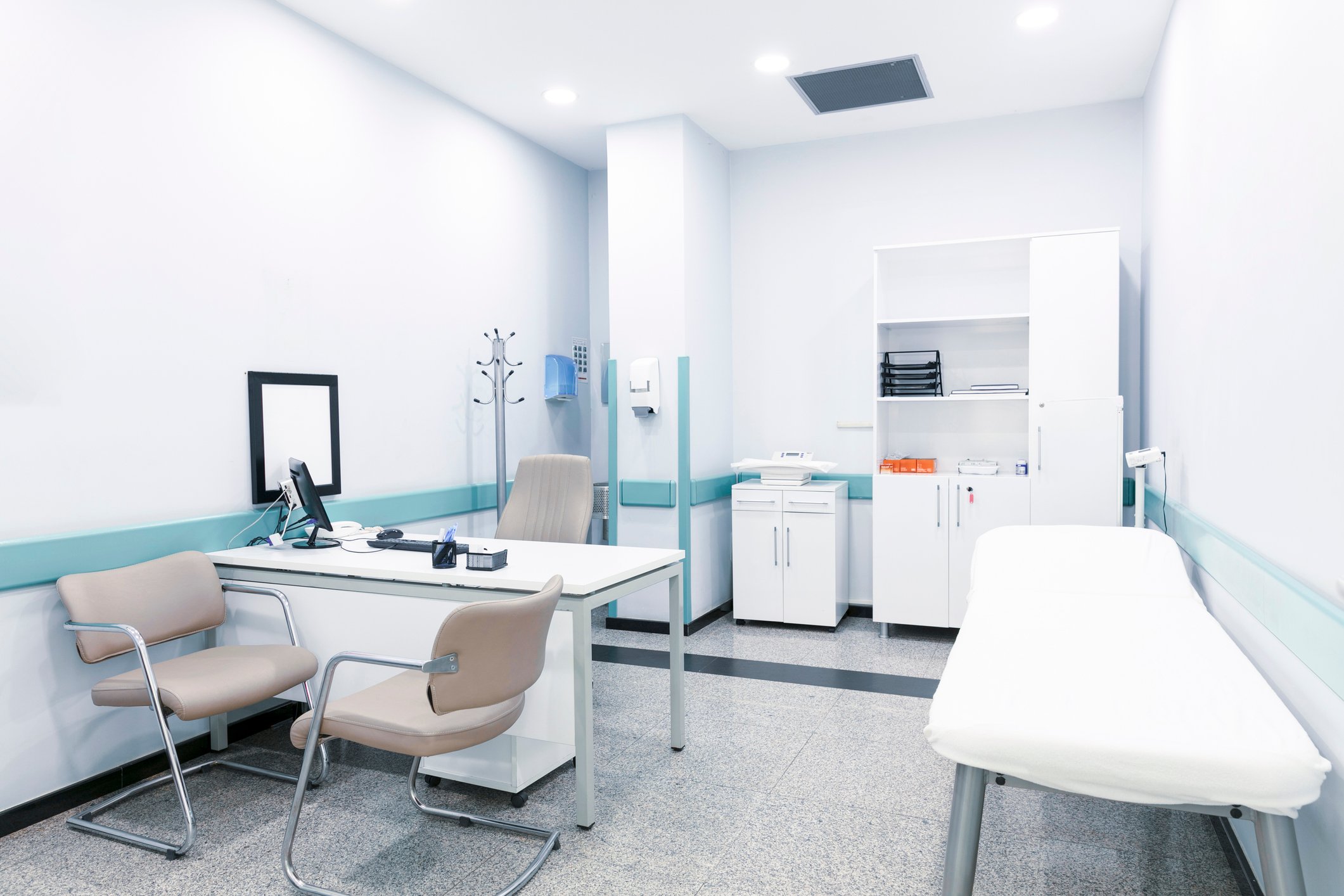Healthcare center administrators have a lot on their plate, especially in situations where new facilities are being opened, or existing locations remodeled and expanded. Along with the many procedural considerations that must be addressed, there comes a number of practical elements that demand their attention.
Exam room workflow today needs to be flexible to accommodate new technologies, information systems and ever-changing healthcare protocols. Besides looking at workflow, some basic examination equipment needs to be on hand so that the most elementary of medical services can be provided starting on the very day the doors open. And while there will certainly be a continual process of accrual that unfolds over time until a facility is considered fully equipped, there are definitely a number of items that optimally will be available to clinical staff immediately.
Overview of the Essentials
Let's take a look at a list of items healthcare purchasing agents and administrators should have on their short-list of what medical staff will need in the typical hospital exam room.
-
Examination tables – topping the list of absolutely necessary equipment is a well-designed exam table that provides nurses and physicians with what they need for vital diagnostic procedures. A well-equipped exam table will have some storage incorporated into it, be adjustable or powered in order to accommodate all patients (including disabled individuals), and is as compact as possible to maximize space in the exam room itself. Adding power to the basic exam table fosters the workflow to be smoother and more efficient.
-
Casework, storage cabinets or shelves – these should be sufficiently spacious to ensure that all types of examination devices can be placed in the room and be ready to use when needed.
-
Exam stool – ideally, a height adjustable stool on wheels to enable staff to conduct consultations and examinations that are best conducted while sitting.
-
Secondary seating – some type of comfortable, but basic type of chair for patients, consulting staff, or family members to sit in during an examination or medical procedure.
-
Medical exam lighting – whether LED or halogen, appropriate clinical lighting to facilitate medical exams is essential.
-
Counter space & sink – many medical exams require tests and blood sampling that require access to water and work space. Having in-room access to running water is vital in such circumstances, and is also important for hygienic purposes. Sink and counter fixtures can also provide useful additional storage areas where everything from spot cleaning supplies to medical equipment can be conveniently placed for easy staff access.
-
Computer stand or table – modern examinations rely on electronic records that are frequently provided by laptop computers, tablets, or other digital retrieval devices. Having equipment that allows for these devices to be mobile and easily viewed during an exam is an essential in today's healthcare environment.
-
Integrated diagnostic setup – regardless of the space available, some sort of component for both holding and supplying power to crucial examination equipment will be required. This can be anything from a wall-mounted arrangement to a freestanding automated system. Either should be able to hold the various scopes, gauges, clinical measuring devices, and related x-ray display equipment that staff will regularly need access to in typical medical examination situations. This setup must also include recharging capabilities to insure all stored devices will be at full capacity during each patient experience.
Of course, no two healthcare facilities are identical and some examination room equipment will be site specific. However, the above items are representative of elements universally required irrespective of whatever additional diagnostic and procedural capacities administrations and staff determine will be needed to provide services appropriate to their specific exam room needs.
At CME, we would be happy to discuss with you what you might need for your specific situation and workflow needs.
CME Corp is the nation’s premier source for healthcare equipment, turnkey logistics, and biomedical services, representing 2 million+ products from more than 2,000 manufacturers.
With two corporate offices and 35+ service centers, our mission is to help healthcare facilities nationwide reduce the cost of the equipment they purchase, make their equipment specification, delivery, installation, and maintenance processes more efficient, and help them seamlessly launch, renovate and expand on schedule.



